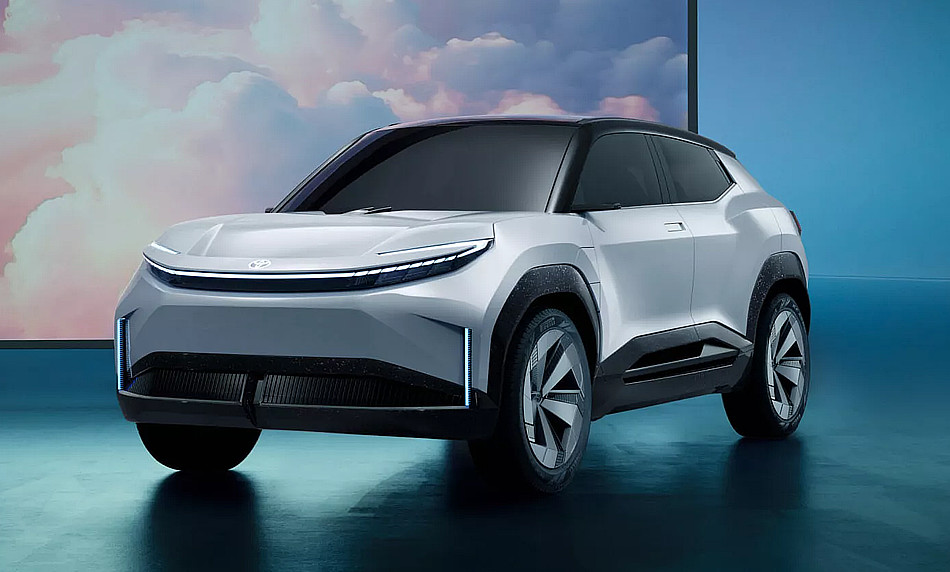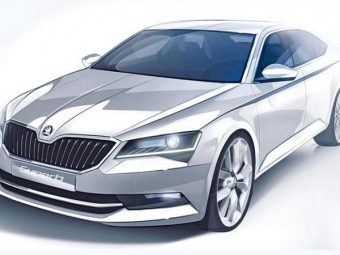Toyota has unveiled the Urban Concept, a direct competitor to the Volvo EX30. Unlike the EX30, which is a fully electric compact SUV, Toyota has gained a reputation for not rushing into the realm of fully electric vehicles. Currently, Toyota has only one electric vehicle in its product portfolio, the BZ4, with a primary emphasis on hybrid and plug-in hybrid models. The introduction of the Urban Concept marks a tentative stride toward providing a fully electric compact SUV.
Unveiled at an event in Brussels, the Urban Concept offers a preview of an upcoming electric vehicle set to hit the European market in 2024. Positioned as an electric alternative to the Yaris Cross, it’s worth noting that these two are distinct models. The production version of the Urban Concept stands will be manufactured on Toyota’s dedicated electric vehicle platform.
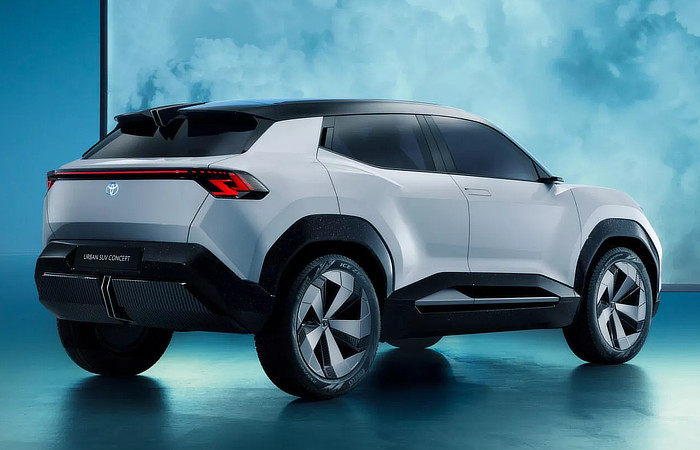
Upon its release, the Urban Concept enters the compact EV SUV arena, albeit arriving somewhat later than contenders like Volvo, Jeep, and Mini. While these brands are already engaged in an EV turf war, the true challenge lies in developing an electric vehicle that combines impressive range with a competitive and affordable price point.
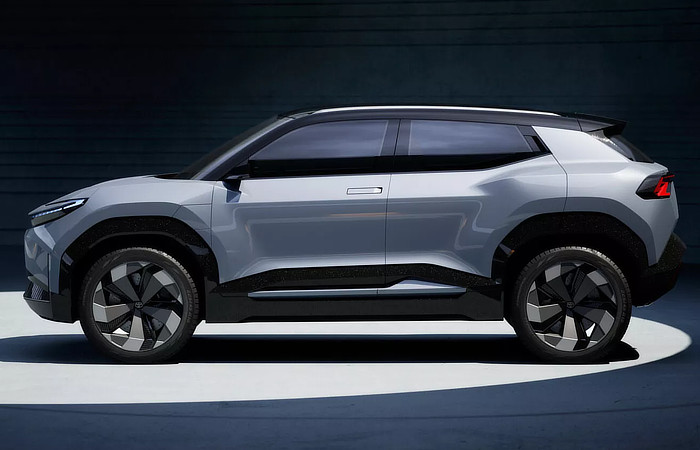
While Toyota hasn’t disclosed complete technical specifications, the production version of the Urban Concept is derived from the BZ4, incorporating the same technology but with a reduced battery pack size. To illustrate, the rival Volvo EX30 boasts a maximum battery pack size of 51 kWh, providing a range of 145 miles.
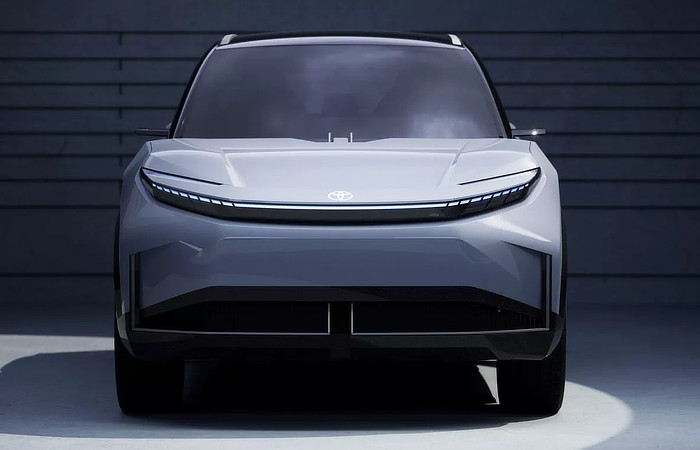
It’s reasonable to anticipate that Toyota will provide a comparable battery pack to that of the EX30, resulting in a similar range. Given the gradual pace of battery technology advancement, it’s improbable that Toyota will achieve a major breakthrough in this regard.
Certainly, Toyota, like many major EV manufacturers, relies on outsourcing for its battery supplies. Notable exceptions to this practice include Tesla and BYD.
